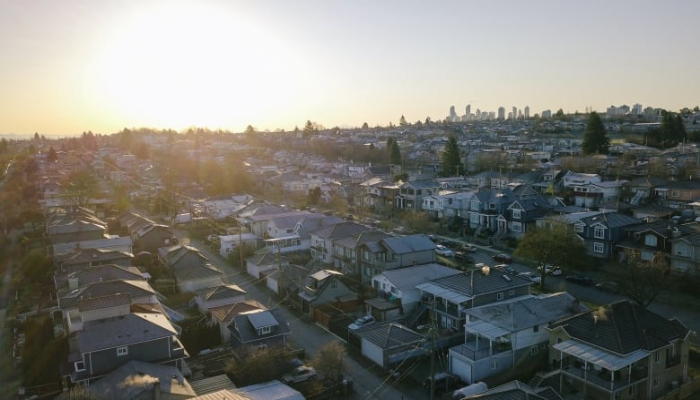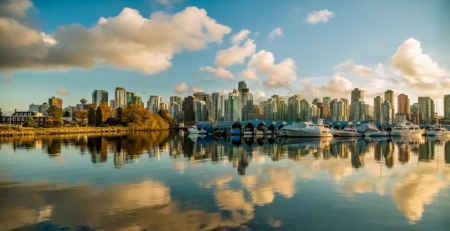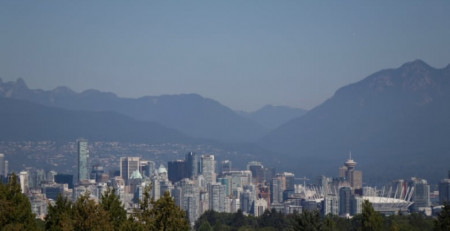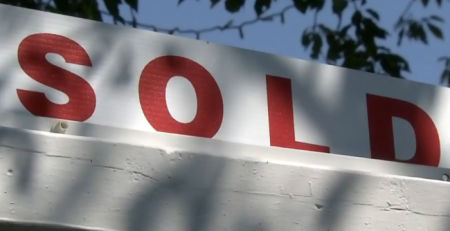Why detached home prices in Greater Vancouver have been rising, while condo prices have stayed static
Single-family home prices increasing at level not seen since mid-2010s
COVID-19 doesn’t affect all people equally — and it doesn’t affect the housing market equally either.
The average selling price of a detached home in Greater Vancouver rose for the sixth straight month in January, the first time that had happened since 2013.
At $1.83 million it’s the third highest monthly figure in the history of the Greater Vancouver Real Estate Board. To the east, the Fraser Valley Real Estate Board saw a 23 per cent increase in the average value of a detached home in the last year, and is now at $1.28 million, its highest number ever.
And a big reason, according to experts, is people valuing permanent space over tightly packed, and perhaps temporary, urban living.
“I think that’s what the market, what the data is actually showing,” said Bryan Yu, Central 1 Credit Union’s chief economist.
Yu said the difference between rising prices for detached homes and stable prices for condos and apartments is partly based on what sort of properties are more in demand due to COVID-19.
“If you’re not travelling or expecting to go anywhere for a while, maybe they’re just wanting more green space.”
Higher demand farther from downtown
Tom Davidoff, a professor in real estate finance for UBC’s business school, agrees that the split between condo and detached home price increases is a reflection of pandemic priorities.
“You don’t need to be at the office for a lot of people during COVID. And you do need to be at home. So big space … becomes more attractive relatively during the slow-down,” he said.
Both Davidoff and Yu also said mortgage rates being so low made detached home ownership more appealing, and the sharp decline in immigration, foreign students and short-term workers has reduced demand for apartments.
Last week’s rental report by the Canadian Mortgage and Housing Corporation also appeared to support those observations.
While vacancy rates for rentals increased from 1.1 per cent to 2.6 per cent across Metro Vancouver, the biggest increases came in downtown Vancouver and the areas immediately surrounding it. Meanwhile, the vacancy rates for rentals in the Tri-Cities, Langleys, and Maple Ridge/Pitt Meadows decreased.
Davidoff worries the increased affordability for renters in the regional core won’t last, however.
“When students come back to town and immigration picks up again, assuming we ever get out of the mess, I think that that this signals more adverse news for affordability.”
What comes next?
While the City of Vancouver has increased its empty homes tax, bigger changes to housing policies have largely stalled in the last two years due to the pandemic and a focus on the city-wide plan underway.
Coun. Pete Fry said he’ll be looking at how the emergence of real estate investment trusts impact the rental market in the months ahead, and took solace that rents have gone up more slowly in Vancouver than other cities in Canada in the past year.
But he said the information is indicative that more work is needed by higher levels of government.
“There is no silver bullet … clearly, we need to be finding more levers to actually build and activate public housing and recognizing that housing and the security of tenure is kind of a fundamental right of Canada,” he said.
“And if we don’t get ahead of it, by investing in public housing and housing for the people who live and work in our cities, we’ll quickly be priced out.”
When asked if the near record highs in home prices in Greater Vancouver were a sign of a moderate market, Housing Minister David Eby attacked the performance of the previous government twice, and defended the NDP’s overall policies.
“Despite these short-term trends, we believe our long-term plan to go after speculation, increase housing supply for families that live and work in our province, and encourage the exploration of different forms of affordable home ownership will be successful,” he said in a statement.
For his part, Yu believes that the increase in detached home prices will be cyclical.
“There’s only so much domestic demand,” he said.
“At some point, you need that inflow of new individuals to continue to drive high sales.”










